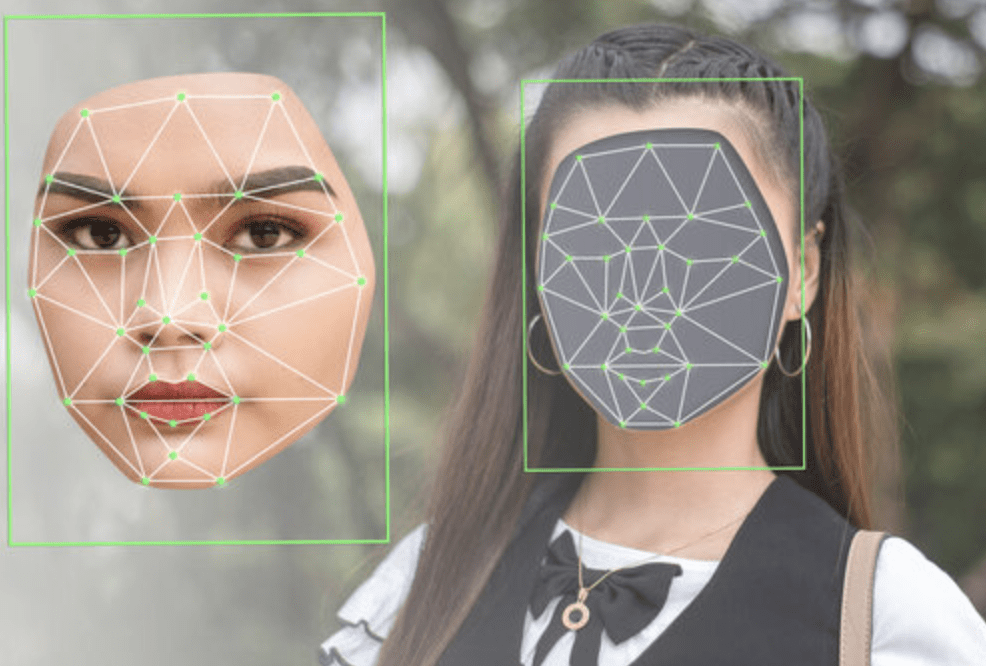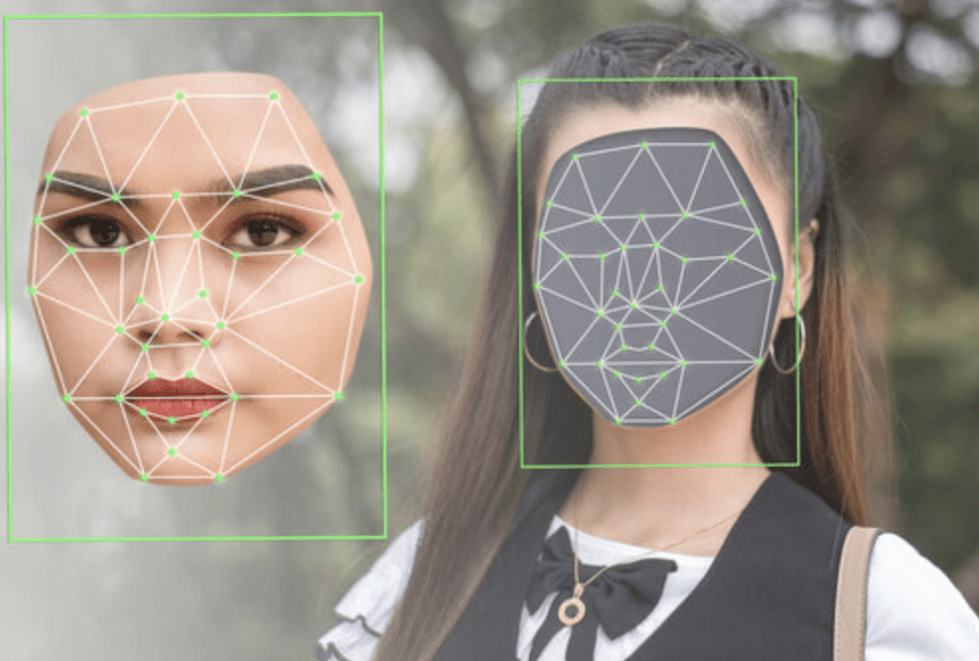

Deep fakes are images or videos digitally created used to depict someone falsely or make them appear as someone else. (Photo by Mdv Edwards/Adobe Stock)
A bill that would punish citizens for creating and spreading inappropriate artificial intelligence images known as deep fakes passed unanimously in the House Judiciary Committee Wednesday morning.
House Bill 353, sponsored by Rep. Krista Griffith, D-Wilmington, provides civil and criminal penalties for the wrongful disclosure of deep fakes that depict individuals in the nude or engaging in sexual conduct.
Several celebrities have spoken out against being depicted in deep fakes, some pressing charges.
Notably, during the height of the NFL season, several deep fakes of Taylor Swift in nude and vulgar images went viral, and the music star threatened a lawsuit against the user that originally posted the pictures.
Swift, who is dating Kansas City Chiefs star tight end Travis Kelce, was depicted without her clothes on with the Chiefs logo and colors painted throughout her body.
In an attempt to halt the circulation of those deep fakes, X blocked all searches for “Taylor Swift” for a couple days.
“As we’ve seen in news accounts throughout this country and unfortunately, in our state, artificial intelligence can be used for nefarious purposes,” Griffith said, “particularly when it’s used to injure individuals by sharing intimate images or what may look like them against an individual’s wishes or wants.”
The bill further mandates that when an adult creates a visual depiction of a minor that is nude or engaging in sexual conduct, the adult would be subject to a felony prosecution, rather than a misdemeanor prosecution.
HB 353 defines “deep fake” as synthetic media where one or both of the following applies:
- The synthetic media appears to a reasonable person to depict a real individual saying or doing something that did not actually occur.
- The synthetic media provides a reasonable person a fundamentally different understanding or impression of the appearance, action, or speech than a reasonable person would have from an unaltered, original version of the image, audio recording or video recording.
The bill explains that the deep fake must be of any individual whose body is shown in whole or in part in an intimate image, which means means a photograph, film, video recording or other similar medium that shows 1 or more of the following:
- The uncovered genitals, pubic area, anus, or female post-pubescent nipple of a depicted individual.
- A depicted individual engaging in or being subjected to sexual conduct.
A prevailing plaintiff would also be able to recover all of the following economic and noneconomic damages proximately caused by the defendant’s disclosure or threatened disclosure, including damages for emotional distress whether or not accompanied by other damages.
Statutory damages will not exceed $10,000 against each defendant found liable under the bill.
The Delaware Department of Justice highlighted a needed modification to the violation of privacy crime.
“As members of the committee are aware, in Delaware, it is a crime to disseminate sexual or nude images of someone without their consent when that image was created in a situation where there was an expectation of privacy,” said J.S. Taylor, deputy attorney general at the department.
Deep fakes are created by an individual without the consent or knowledge of the person who is being depicted in the image, he said.
“So what this bill would do is remove that consent or knowledge portion with specific references to deep fakes,” Taylor said, “and then create two classes of crime where the deep fake image is created by an adult and it is a child it would be a felony and where the creator of the image is themselves a minor, it would be a misdemeanor.”
Rep. Cyndie Romer, D-Newark, pointed out that about 96% of deep fakes deal with pornography.
A 17-year old Delawarean testified to the committee and shared her story of having inappropriate deep fakes of her spread by another classmate who is also a minor.
“They sent me a graphic image with a screenshot of my home address telling me they knew where to find me, it was terrifying,” she said. “Even worse was that once they identified the perpetrator, they weren’t even sure what charges they would be able to press because, as we find out, it was a classmate, someone who’s also under age, and there are no laws to protect people like me and the over dozen victims identified alongside me, nearly all of us minors.”
HB 353 heads to the House floor for debate.


Raised in Doylestown, Pennsylvania, Jarek earned a B.A. in journalism and a B.A. in political science from Temple University in 2021. After running CNN’s Michael Smerconish’s YouTube channel, Jarek became a reporter for the Bucks County Herald before joining Delaware LIVE News.
Jarek can be reached by email at [email protected] or by phone at (215) 450-9982. Follow him on Twitter @jarekrutz and on LinkedIn
Share this Post








